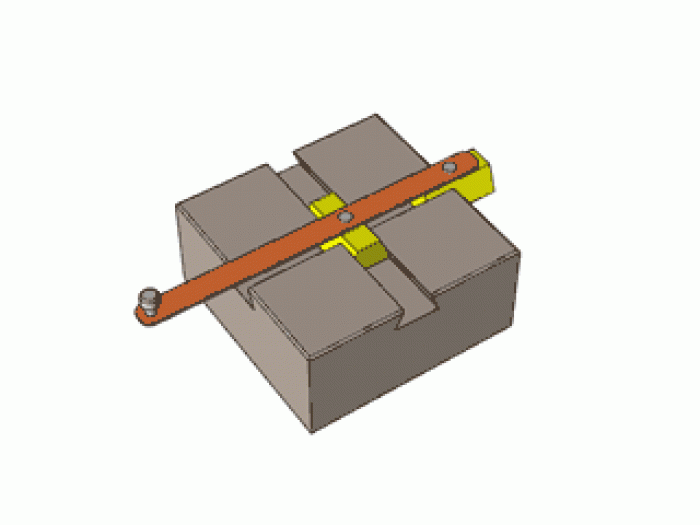|
|
|
Thyroid conditions cause a higher risk of fibromyalgia and chronic fatigue syndrome.
Drug abusers experience the following scenario: The pleasure given by their drug (or drugs) of choice is so strong that it is difficult to eradicate even after years of staying away from the substances involved. Certain triggers may cause a drug abuser to relapse. Research shows that long-term drug abuse results in significant changes in brain function that persist long after an individual stops using drugs. It is most important to realize that the same is true of not just illegal substances but alcohol and tobacco as well.
The effects of organophosphate poisoning are referred to by using the abbreviations “SLUD” or “SLUDGE,” It stands for: salivation, lacrimation, urination, defecation, GI upset, and emesis.
More than 2,500 barbiturates have been synthesized. At the height of their popularity, about 50 were marketed for human use.
In the United States, an estimated 50 million unnecessary antibiotics are prescribed for viral respiratory infections.







